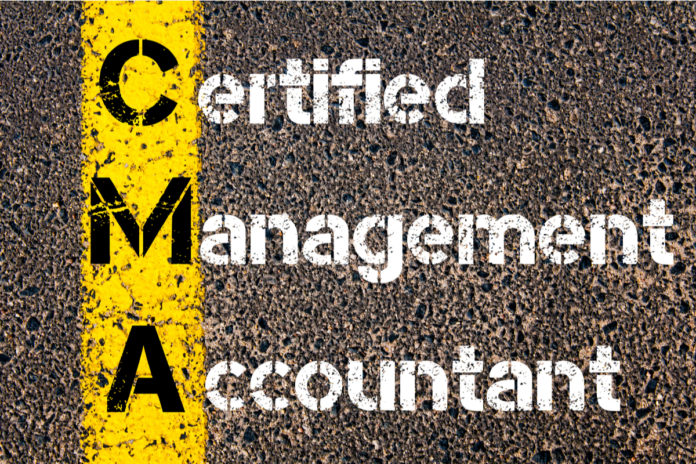The demand for certified management accountants remains hot as ever, but companies are today looking for skills that go beyond the usual – employees who are tech-savvy, have analytical skills and also follow business ethics.
The certification process, thus, is also undergoing some overhaul, with new management accountants expected to be better equipped to deal with the changing business scenarios and insulate themselves from becoming obsolete from the wave of automation and wide adoption of AI in finance and accounting by moving to strategic roles.
A CMA stamp has always been a pass to rising up the corporate ladder, something a person trained in plain vanilla accountancy does not easily get. CMAs work, not on boring audit reports and tax returns, but shaping tricky business strategies through deep financial analysis – thereby helping a company improve its performance and its bottom line.
Naturally, CMAs get paid a lot, given their critical role in a company’s future. According to a 2019 global survey by the International Management Association (IMA), certified management accountants earn more than double the amount given to uncertified accountants.
But the path to earning a certification requires the accountant to pass an exam, and to pass the exam, the accountant must study, picking one of the many approved course providers from the MENA region. These include Morgan International and PwC Academy and Meirc Training & Consulting.
In a recent interview, Doreen Remmen, Chief Financial Officer of IMA, said the association, which certifies all CMAs, is changing its exam pattern from 2020. “What’s happening is that management accountants are being freed from the burden of transaction processing and we now have opportunities to use our skill sets to really support creating wealth, building the economy and building companies,” she was quoted as telling The Hindu Business Line.
According to the IMA survey quoted earlier, there has been strong growth in the number of new CMA candidates in the Middle East and Africa region and most of the non-CMA respondents in the region said they intended to secure a CMA certificate.
Perhaps the scope the certification is a major factor. The Middle East and Africa region is seeing the largest gap between the median salaries that CMAs and non-CMAs draw – up to 145% — with the gap widening since non-CMA are increasingly getting lower median salaries.







